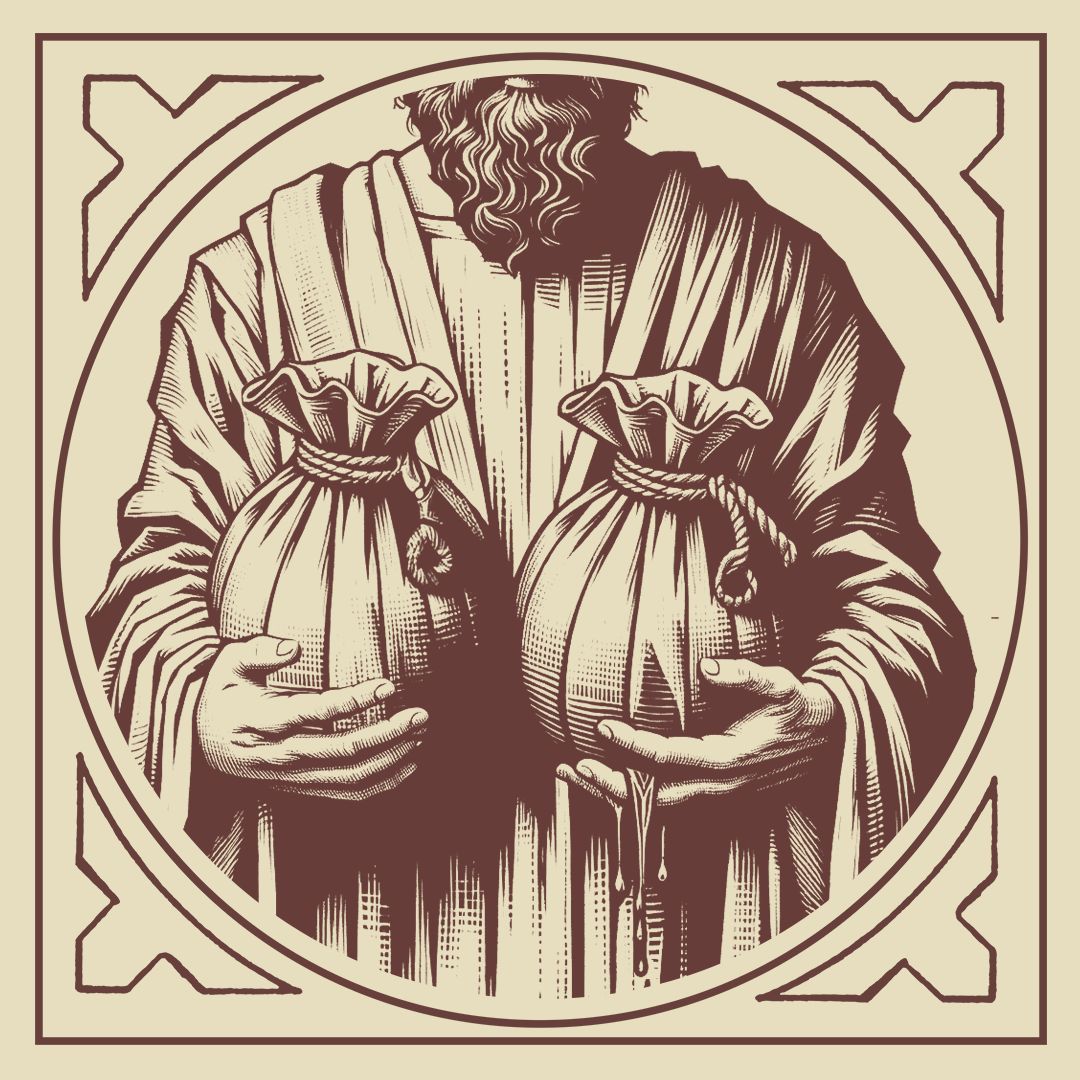
Should Christians Fast?
Should Christians Fast?
Have you ever heard Christians say, “That’s an old wineskin,” meaning “That’s an old way of doing things,” or “an old paradigm of thinking”? Growing up in the church, I had no clue what the verse about “old wineskins” really meant. It was not until my 30s that I realized this verse was about fasting. The discourse on fasting within the Christian tradition has often been entangled with misconceptions and varied interpretations, particularly when it comes to the words of Jesus concerning new wine and old wineskins.
Jesus introduces the concept of fasting in a relational context, comparing Himself to a bridegroom (Matthew 9:15). The presence of the bridegroom signifies a time of joy and celebration, making fasting seem out of place. However, Jesus points to a future time—His departure—when fasting would become relevant for His disciples. This period is not confined to the days of mourning between His crucifixion and resurrection but extends throughout the Church Age until His second coming. The early church’s practice of fasting (Acts 13:1-3; 14:23; 2 Corinthians 6:5; 11:27) reaffirms that disciples of Christ are called to fast, not as a ritual of old, but as a heartfelt expression of longing for the bridegroom’s return and the consummation of His kingdom.
The metaphor of new wine and old wineskins (Matthew 9:16-17) speaks to the transformative power of Christ’s coming. The new wine symbolizes the inbreaking of God’s kingdom through Jesus—the fulfillment of prophecy, the pinnacle of divine revelation, and the ultimate sacrifice for sin. This new reality cannot be contained within the old structures of Jewish customs and practices, including traditional forms of fasting. The old fasting, marked by rituals and external displays of piety, cannot encompass the depth and breadth of the new covenant relationship initiated by Jesus. So, what’s the difference?
The new fasting that Jesus calls for is a fasting of the heart, a spiritual discipline that reflects the profound realities of the new covenant. Fasting is not a hunger strike that manipulates God; it’s not abstinence from food for its own sake, but about expressing our deep hunger for God, our yearning for more of His presence, and our ache for the ultimate fulfillment of His kingdom. This fasting is characterized by a dissatisfied contentment—a paradox that captures the already-but-not-yet tension of the Christian life. We are content because of the indwelling Spirit of Christ, the firstfruits of our inheritance, yet we are dissatisfied because we long for the fullness of our redemption and the consummation of God’s kingdom.
In this light, fasting becomes an act of faith, an expression of our longing for the day when we will feast with our Bridegroom in the new creation. It is a tangible declaration that our ultimate satisfaction is found not in the gifts of God but in God Himself. This new fasting is a feast of faith, where we savor the goodness of God’s presence and anticipate the fulfillment of His promises. It affirms the goodness of God’s gifts while asserting that the Giver surpasses them all. The call to fast, in the age of the new wine, is an invitation to align our hearts with the heart of God, to deepen our communion with Christ, and to express our eager anticipation for His return. It challenges us to examine our affections, to cultivate a deeper dependence on God, and to live in the tension of the already-but-not-yet with hope and expectation. As we fast, let us do so as people transformed by the new wine of Christ’s love, longing for His kingdom, and living in the joyous hope of His return.
To learn more about what we teach at King’s Fellowship Church in Ada, Oklahoma check out our beliefs:
https://kingsfellowshipchurch.com/ada-church-our-beliefs-kings-fellowship/
To learn more about our city:
